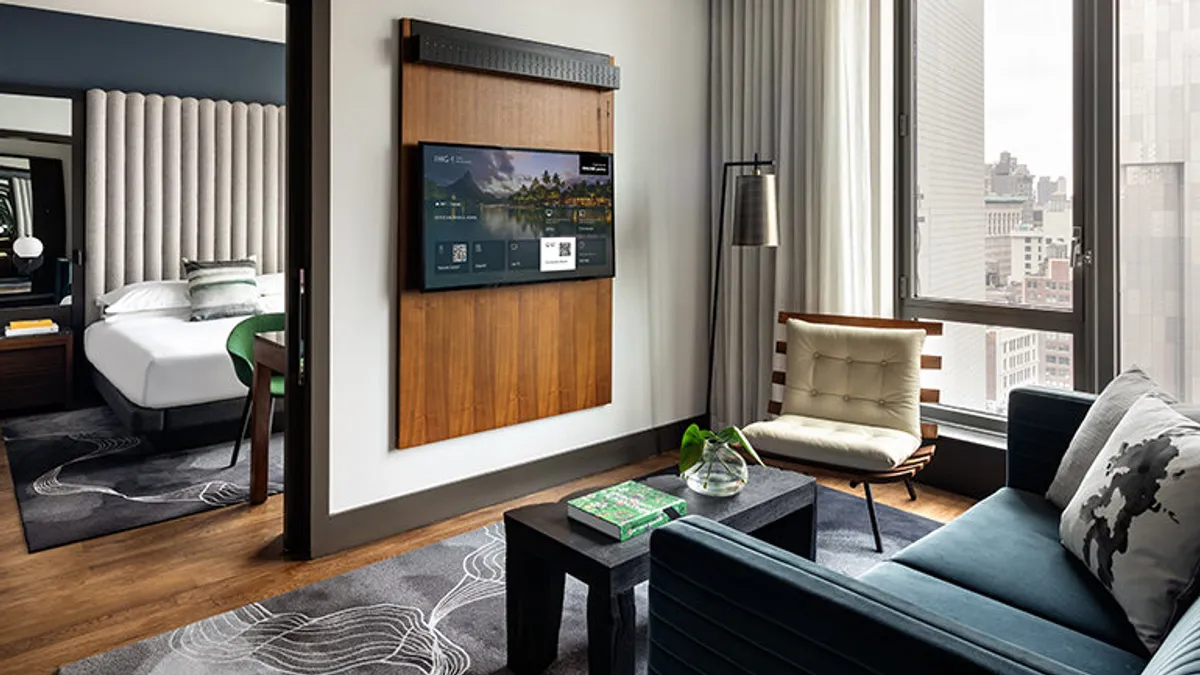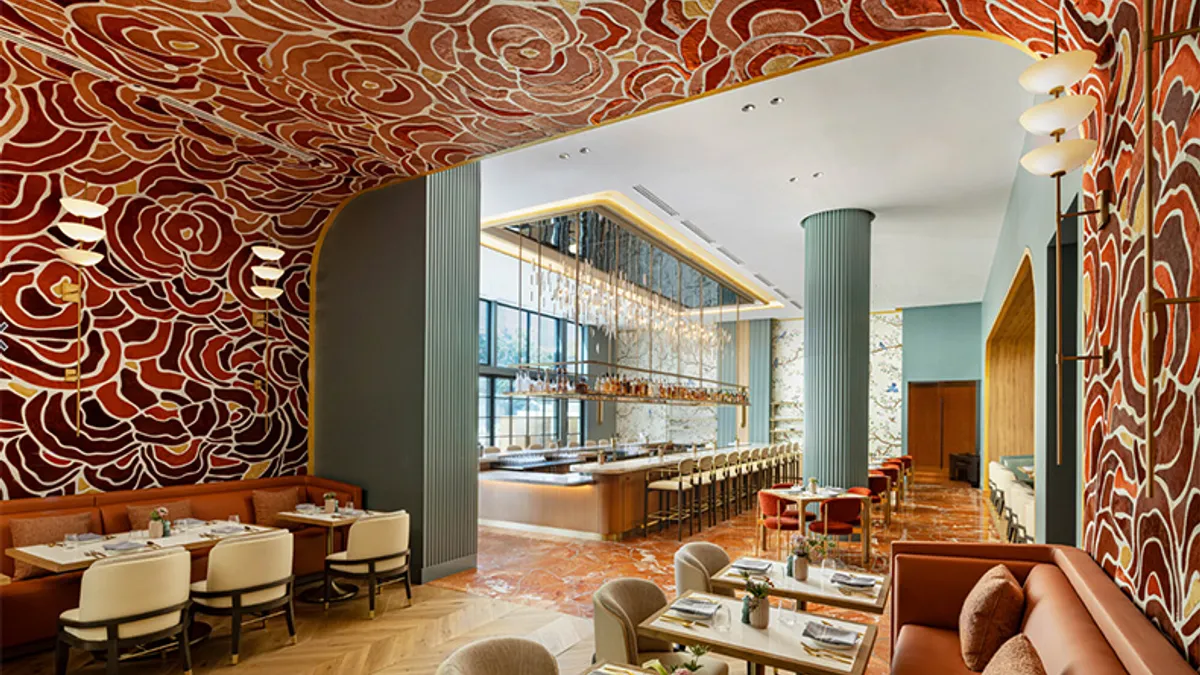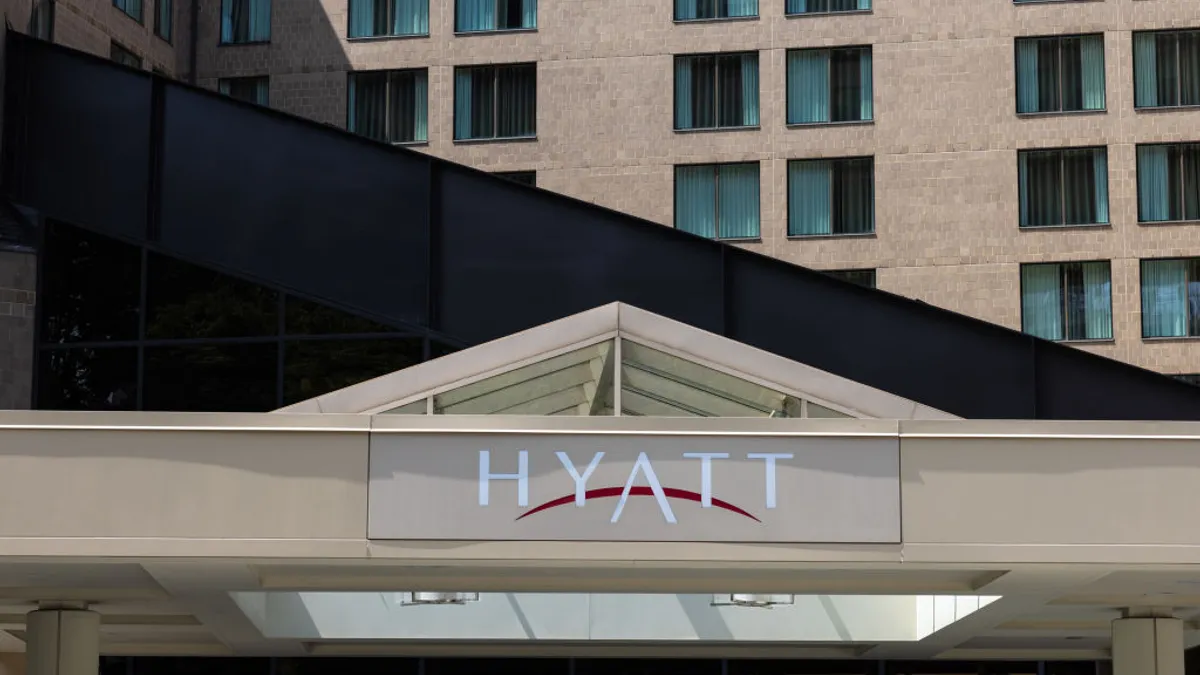The following is a guest post from Rachael Ricketts, principal CX advisor for hospitality at Medallia. Opinions are the author’s own.
Hotel brands stand to benefit the most from this year’s busy summer travel season. When asked where they plan to stay this summer in Medallia Market Research’s May survey of 2,000 travelers, the majority selected hotels (53%), while a smaller share selected Airbnbs and Vrbo rentals (28%).
Still, gaining market share isn’t a given for hotels competing against short-term rentals. Driving stays, repeat visits and longer-term loyalty requires understanding the booking journey, meeting individual expectations and delivering an exceptional end-to-end guest experience.
Below are six strategies hospitality brands can leverage to successfully navigate 2024’s summer travel boom and beyond.
Understand the factors fueling consumer choice
Hotels win out over short-term rentals when it comes to location and perceptions of cleanliness, according to the Medallia Market Research survey. Half of guests pick hotels over other lodging options due to location, compared to 44% of short-term rental users doing so for that reason. Meanwhile, 31% of travelers choose hotels based on cleanliness, compared to 26% of consumers who choose Airbnb or Vrbo for that factor.
On the other hand, some 28% of consumers select short-term lodging due to the space offered, compared with only 17% of hotel guests. The ability to have separate bedrooms or privacy was another reason consumers preferred short-term rentals, the survey found. Being aware of these drivers can help hotels better position themselves for future bookings.
Listen to customers at every step of the journey
Understanding guest experiences allows hoteliers to optimize their overall experience.
Digital experience analytics and behavioral intelligence tools can help hotels see what’s most important during the booking and pre-stay journey. Simply knowing the guest is interested in on-site amenities, for example, can allow a front desk agent to customize the conversation at check-in, ensuring the guest receives the most relevant information.
Hotels’ apps and SMS programs are great two-way communication tools for checking in with guests during their stay. Proactively reaching out can unearth opportunities to improve experiences right away as brands detect patterns and underlying, systemic issues.
In addition to soliciting direct feedback, monitoring unsolicited feedback like brand or property mentions on social media, third-party review platforms, travel websites and contact center interactions can reveal guest sentiment about the booking and on-site experience, shedding light on what’s working well and what could be changed.
Set brand promises and meet guest expectations
Hospitality brands must be clear about what the guest can expect during their stay — whether that’s simply a clean room and comfortable bed or a memorable family getaway. Brands must focus first on delivering on what they’ve promised to earn guest trust and loyalty.
For hotels, this means aligning teams around the brand promise and stopping at nothing to bring it to life. If the promise is a clean room and comfortable bed, this requires ensuring there is enough housekeeping staff and using guest feedback to identify rooms with complaints that need to be addressed.
Personalize the guest experience
Evaluating guest data over time can be incredibly powerful for customizing digital and in-person experiences, customer service interactions, communications and offers. Brands can even personalize the experience for unknown users by asking about the purpose of their trip during the booking process. For instance, if a guest says they’re planning to visit a national park or spend the day at the pool, properties can provide a designated space for storing hiking boots or extra pool towels.
According to the Medallia survey, roughly half of travelers (53%) say they want travel and hospitality companies to personalize their communications based on what the brand knows about them, such as trips they’ve taken in the past. Additionally, the majority of travelers (68%) choose places to stay based on the quality of customer service they expect to receive. And personalized guest interactions can influence perceptions of customer service.
Act on employees’ insights
Brands that capture the voice of the customer through staff who interact with them have the chance to find out what’s not working and design better experiences. This will help eliminate points of friction, update confusing policies and create helpful resources for travelers.
For example, if there are several guests checking in that have misinterpreted a promotion, companies need a clear channel for employees to surface these issues to be corrected. Employee feedback surveys and crowdsourcing platforms are two effective tools for harnessing the wisdom of the frontline, ultimately prioritizing staff suggestions and putting team members’ ideas into motion.
Foster longer-term loyalty through meaningful rewards
Hotel brands can connect more deeply with customers by offering rewards that are meaningful to the guest. For example, allowing loyalty program members to share their points with friends and family helps brands’ most loyal guests feel seen and valued.
Checking in with active loyalty program members to understand their experience with the brand broadly — as opposed to only after a stay — is another way to drive more engagement. The insights generated from this can be shared with stakeholders across the organization to address hurdles that are impacting customers’ journeys.

















